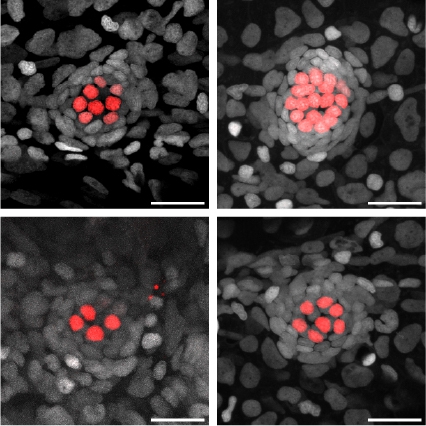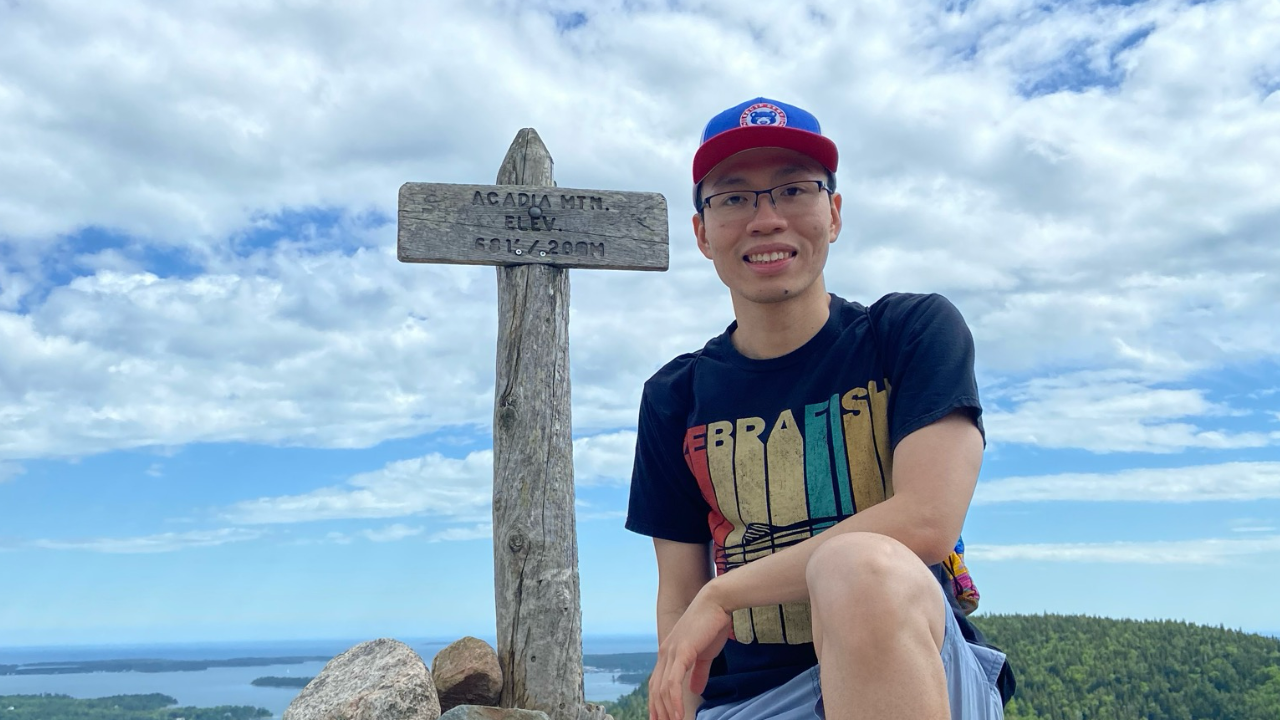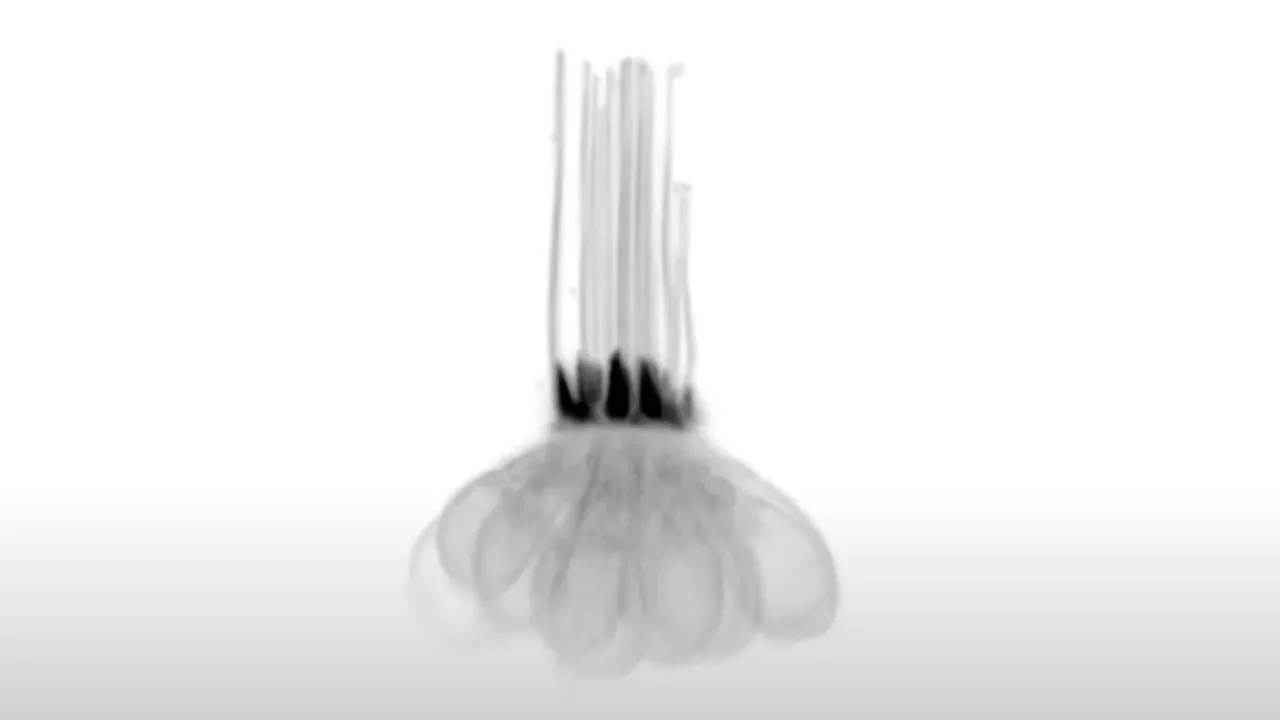News

03 October 2025
How one gene flips the fate of sensory cells
Stowers scientists discover a master gene in zebrafish that determines hair cell type, a potential target for restoring hearing loss in humans
Read Article
News
"The real-world experience of being in a lab will be beneficial in helping you determine if you want a career in science."

What is your current research focus and why?
I am currently interested in studying the development and regeneration of zebrafish sensory organs. The sensory system, especially in the inner ear, serves important functions in hearing and balance.
Growing up, what career did you want to pursue?
As a child, I loved watching science documentaries, especially ones about animal behaviors, weather events, and space. Naturally, that led me to have interests in three different career paths: a biologist, a meteorologist, or a space traveler.
When and how did you become interested in a career in science?
After a summer internship during my junior year in college, I really began thinking about science as a possible career. Before that, I had demonstrated an interest in biology, but I felt I needed wet-lab experience before deciding to pursue this path. After my internship studying glaucoma at Schepens Eye Research Institute, I felt confident in my decision to become a scientist. I really enjoyed my project and the logistics of planning and doing experiments. That experience fueled my interest in applying to graduate school and eventually a postdoc position.
What made you decide to join the Piotrowski Lab at the Stowers Institute?
Tatjana Piotrowski is an expert in the zebrafish sensory system. During my interview, I enjoyed learning about her lab’s extensive work on many different cell types of this system. I also enjoyed the people in the lab and the wonderful research environment the Stowers Institute offers.
What is your favorite non-research related memory at the Stowers Institute so far?
Our lab went to High Hopes to get ice cream one time. We had really good ice cream and fun conversations.
What are you excited about or most looking forward to doing or exploring in Kansas City?
I love going out to eat and exploring new cuisines. I am looking forward to visiting as many restaurants as I can.
Where do you see yourself in 10 years?
I can see myself doing research. I enjoy the aspects of planning, performing, and troubleshooting experiments. As someone who loves writing, I can also see myself exploring a career in scientific communication.
What advice do you have for other people curious about a career in science?
I encourage people to get as many experiences in wet-lab as possible. If you are in college or high school, consider an internship in a lab. If you are in graduate school, rotation is also excellent exposure. These experiences are like small “bites” of a meal: You need to take the bite to determine if you want to finish the course. The real-world experience of being in a lab will be beneficial in helping you determine if you want a career in science.
News

03 October 2025
Stowers scientists discover a master gene in zebrafish that determines hair cell type, a potential target for restoring hearing loss in humans
Read Article
News

26 September 2025
"The real-world experience of being in a lab will be beneficial in helping you determine if you want a career in science."
Read Article
In The News

25 July 2025
Published in Technology Networks, scientists have discovered how two genes control the regeneration of sensory hair cells in zebrafish, offering new clues for addressing hearing loss in humans. Published in Nature Communications, the study, led by Tatjana Piotrowski, PhD, provides a clearer picture of how stem cells and their progeny divide to replenish damaged tissue – a process that fish perform naturally but humans cannot. These findings could open new avenues for regenerative medicine research targeting hearing and balance disorders.
Read Article